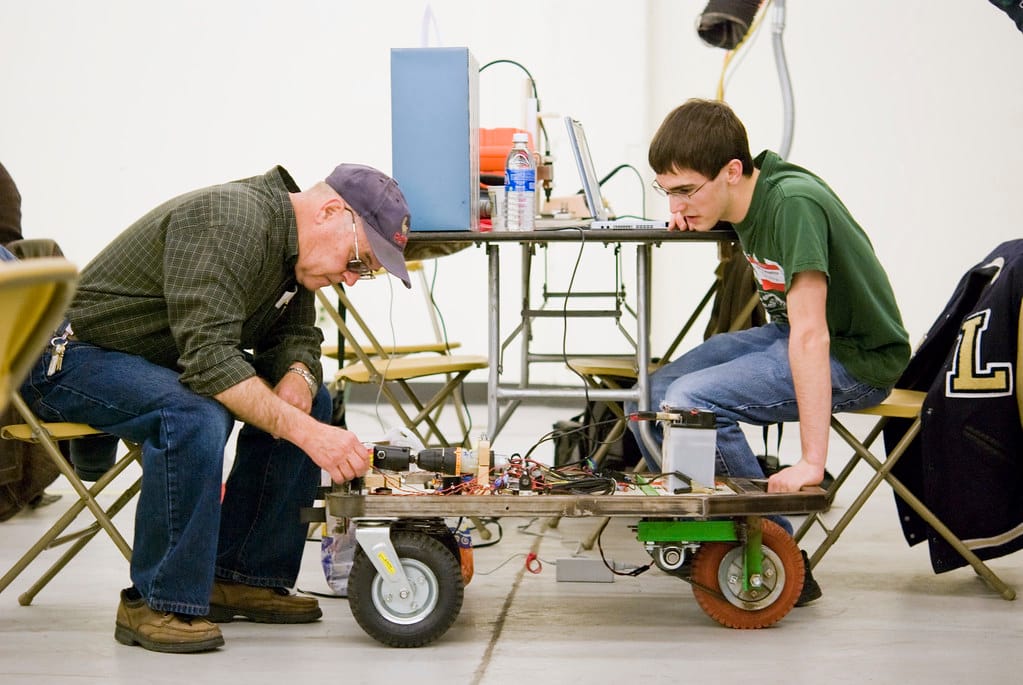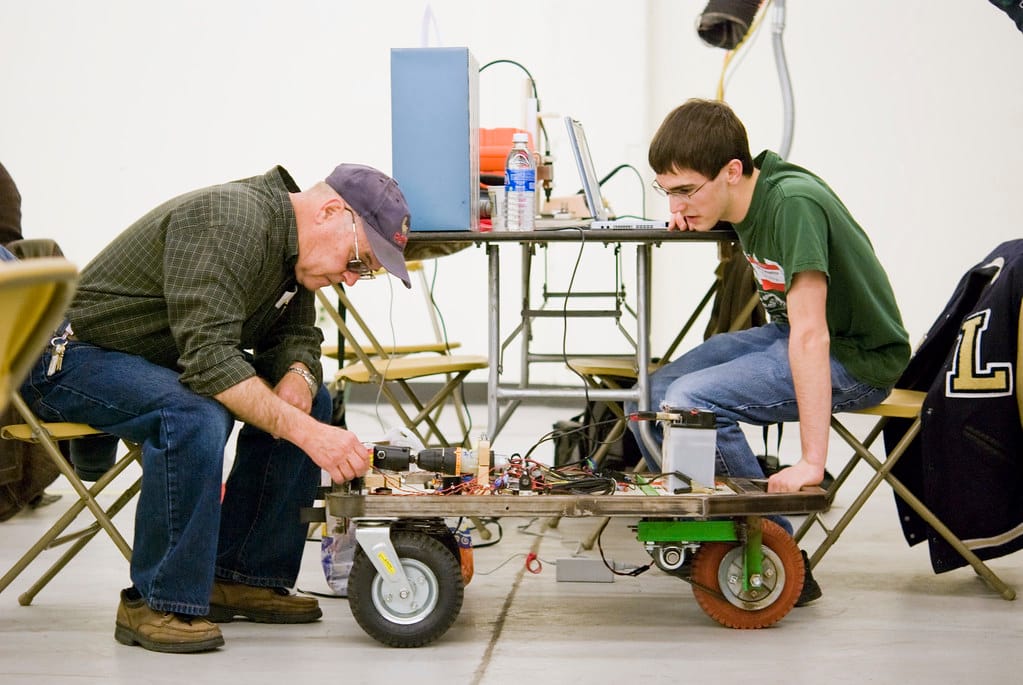Waymo Makes History with First NYC Autonomous Vehicle Testing Permit
After years of regulatory hurdles and urban complexity concerns, Alphabet's Waymo has achieved a groundbreaking milestone by becoming the first company to receive permission to test autonomous vehicles on New York City's notoriously challenging streets. This landmark approval signals a potential transformation in how America's most densely populated city approaches transportation technology.
Breaking New Ground in the Concrete Jungle
The New York State Department of Motor Vehicles granted Waymo the coveted testing permit in late 2023, marking the end of a lengthy application process that began over two years ago. Unlike testing environments in Phoenix, San Francisco, or Austin—where Waymo has already deployed commercial robotaxi services—New York City presents unprecedented challenges that could serve as the ultimate proving ground for autonomous vehicle technology.
"New York City represents the most complex urban driving environment in North America," said John Krafcik, former CEO of Waymo, during the company's initial permit application. "If our technology can navigate successfully here, it can work anywhere."
The Unique Challenges of NYC Streets
Traffic Density and Complexity
New York City's streets handle over 2.3 million vehicles daily, with Manhattan alone seeing traffic densities that exceed 100,000 vehicles per square mile during peak hours. Waymo's autonomous vehicles will need to navigate not just heavy traffic, but also:
- Aggressive driving patterns common among NYC drivers
- Complex intersection dynamics with pedestrians, cyclists, and delivery vehicles
- Double-parking and illegal stopping that forces constant lane changes
- Construction zones that can alter traffic patterns with little notice
Pedestrian and Cyclist Integration
With over 1.6 million pedestrians crossing Manhattan streets daily and cycling increasing by 85% over the past decade, Waymo's sensors and AI systems face an unprecedented test of their ability to predict and respond to human behavior in real-time.
Technical Specifications and Safety Measures
Waymo's NYC testing fleet consists of modified Jaguar I-PACE electric SUVs equipped with the company's fifth-generation autonomous driving system. Each vehicle features:
- 29 cameras providing 360-degree vision
- Multiple LiDAR sensors creating detailed 3D maps
- Thermal cameras for enhanced night vision and weather detection
- Advanced radar systems capable of seeing through rain and snow
The testing program includes mandatory safety drivers and operates under strict geographic limitations, initially focusing on a designated area of Lower Manhattan during off-peak hours.
Economic and Regulatory Implications
Market Potential
The ride-hailing market in New York City generates over $2.5 billion annually, with yellow taxis, Uber, and Lyft completing more than 200 million trips per year. Industry analysts project that successful autonomous vehicle deployment could capture 15-20% of this market within the first five years of commercial operation.
"The NYC permit represents more than just another testing ground," noted Sarah Chen, transportation technology analyst at McKinsey & Company. "It's validation that autonomous vehicles can handle the most demanding urban environments, which could accelerate adoption nationwide."
Regulatory Precedent
New York's traditionally cautious approach to emerging transportation technologies makes this approval particularly significant. The state's rigorous vetting process, which included extensive safety assessments and public input sessions, could serve as a model for other major metropolitan areas considering similar programs.
What's Next for Waymo in NYC
The testing phase is expected to last 12-18 months, with Waymo collecting data on vehicle performance, safety metrics, and public acceptance. The company plans to gradually expand its testing area and operational hours based on initial results and regulatory approval.
Key milestones to watch include:
- Expansion beyond Lower Manhattan to additional boroughs
- Introduction of passenger testing with Waymo employees
- Weather testing during New York's harsh winter conditions
- Integration with the MTA and other public transportation systems
The Road Ahead
Waymo's NYC permit represents more than a regulatory win—it's a pivotal moment for the autonomous vehicle industry. Success in New York City could accelerate deployment timelines nationwide and demonstrate that self-driving technology is ready for mainstream urban adoption.
As testing begins in earnest, all eyes will be on how Waymo's technology adapts to the unique rhythm and chaos of America's most demanding streets. The stakes couldn't be higher: proving autonomous vehicles can work in NYC could unlock a multi-billion-dollar market and fundamentally reshape urban transportation across the globe.
The testing program launches in Q1 2024, with regular safety and progress reports required quarterly.

